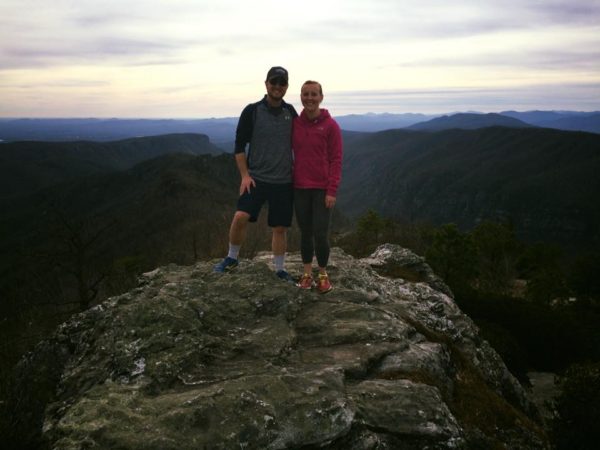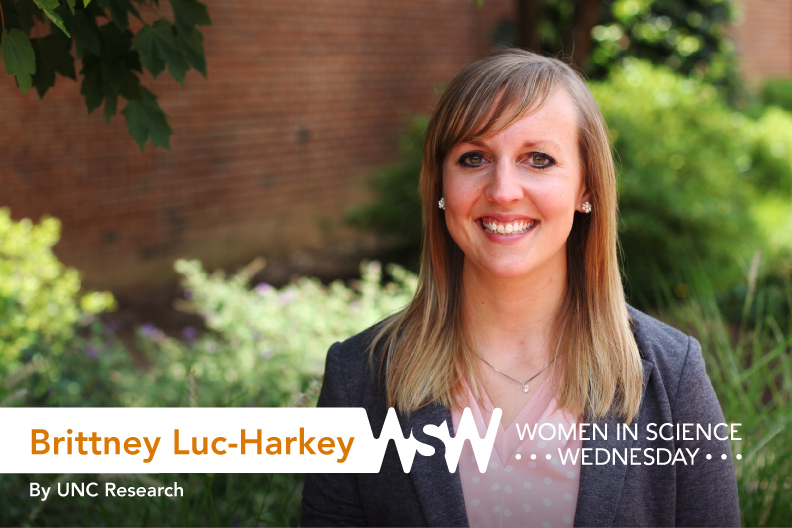What did you want to be when you were a child? If someone asked you: “What do you want to be when you grow up?” what did you say?
For a long time, I was really set on being a nurse. But by the end of high school, I decided on athletic training, which led me to where I am today.
Describe your research in five words.
“Improving function after knee injury.”
Share the pivotal moment in your life that helped you choose research as a career path.
I started playing sports when I was really young and was a three-sport athlete throughout high school. Just about every season I managed to sustain a different injury, and I visited our athletic trainer quite a bit. During that time, I realized athletic training was the perfect career to merge my interest in athletics and medicine. I love helping athletes recover from injuries and seeing them return to the field or court. What I noticed over time, though, was that some never regain all of their strength back in their leg muscles after sustaining a knee injury. I wanted to know why this muscle weakness occurred and how to fix it.
What’s a funny story that happened while you were doing research?
To measure muscle activity in the legs, I use electrodes hooked up to a computer through a set of leads. This shows the muscle activity on the computer. But when I set up for my first project and tried to collect the muscle activity, nothing happened. I couldn’t figure out why it wasn’t working. I went through the usual trouble-shooting, and after about 10 minutes, still could not figure out what was wrong. I eventually reached out to my advisor for help. He came into the lab, looked around for a few seconds and said, “Britt, you need to actually connect the electrodes to the leads if you want to be able to see the signal.” Of course, it was the easiest thing that I had forgotten to do. We laughed about it, and I went on collecting that session. It was then that I understood, sometimes, the best way to learn in the lab is to make mistakes.

[/media-credit] Harkey and her husband Matt love to hike. Here they are at the summit of Hawksbill Mountain in Asheville.
Be confident and professional from the beginning, and you will gain the respect of all those you work with. Sports medicine is a male-dominated field. I often hear comments about how women in the profession just like being able to work with athletes, and how you can’t have a successful research career and a family. Although there can be challenges, a career in sports medicine research is so rewarding — you can truly make an impact in the lives of so many.


